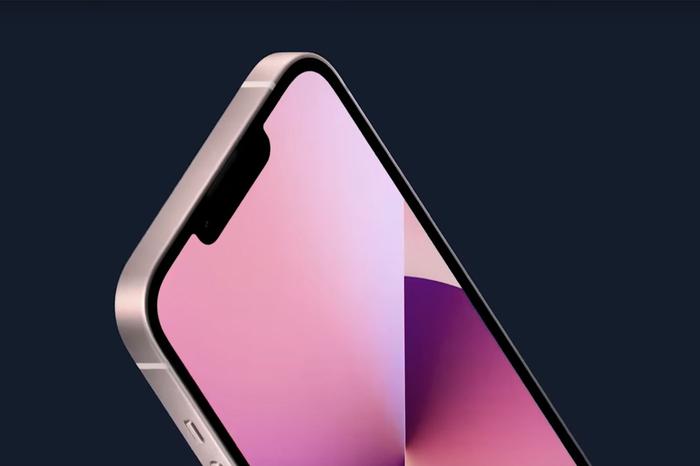It's a small detail that matters a lot. iFixit spotted a tiny chip under the screen and on the motherboard. It provides the link between the screen and the iPhone 13 and 13 Pro models. Concretely, if a third-party screen is installed, Face ID is deactivated.
Service providers that are authorized by Apple will be able to work around the problem by using proprietary software to save the repair and sync the new screen to the iPhone. But this is not the case for third-party repairers, and the Cupertino company therefore regains even more control over repairs. She will be able to approve or refuse them.
Not a permanent change?
However, there is a way around this device. Thus, the soldered chip must be removed from an original screen on a replacement screen. Except that this operation is clearly not within the reach of the first comer.

iFixit has been able to reach some third-party repairers and a sense of panic is gripping them. They can equip themselves with new equipment to circumvent the measure, but this is by no means obvious. Others will try to join the repair network approved by the Apple brand. Some even think of throwing in the towel.
The news is important for the industry where replacing iPhone screens is a big part of the business. There is no indication that these changes are intentional on the part of Apple. iFixit interviewed a source close to the Cupertino company who thinks that an update could correct this problem.
In the past, however, Apple has spoken quite hostilely about the right to repair. The company claims that providing repair manuals could harm the security and privacy of the iPhone. The argument of the risk of injury to users during repairs is also regularly mentioned by the company to justify its refusal.
i-nfo.fr - Official App iPhon.fr By: Keleops AG4.1 / 5 186 reviews App Store